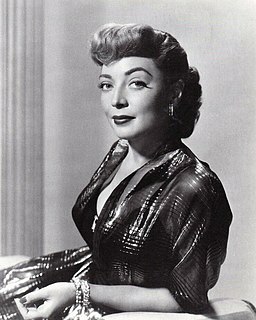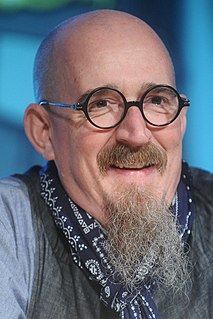A Quote by Thomas Jane
Anything that has to do with noir and space, I'm gonna love. When you've got a noir-ish, pulpy detective in a science fiction show, I'm all in, in that regard.
Related Quotes
I often use detective elements in my books. I love detective novels. But I also think science fiction and detective stories are very close and friendly genres, which shows in the books by Isaac Asimov, John Brunner, and Glen Cook. However, whilst even a tiny drop of science fiction may harm a detective story, a little detective element benefits science fiction. Such a strange puzzle.
Like art, love, and pornography, noir is hard to define, but you know it when you see it. For the purposes of the book and my longtime working understanding and definition of it, noir stories are bleak, existential, alienated, pessimistic tales about losers--people who are so morally challenged that they cannot help but bring about their own ruin.

































